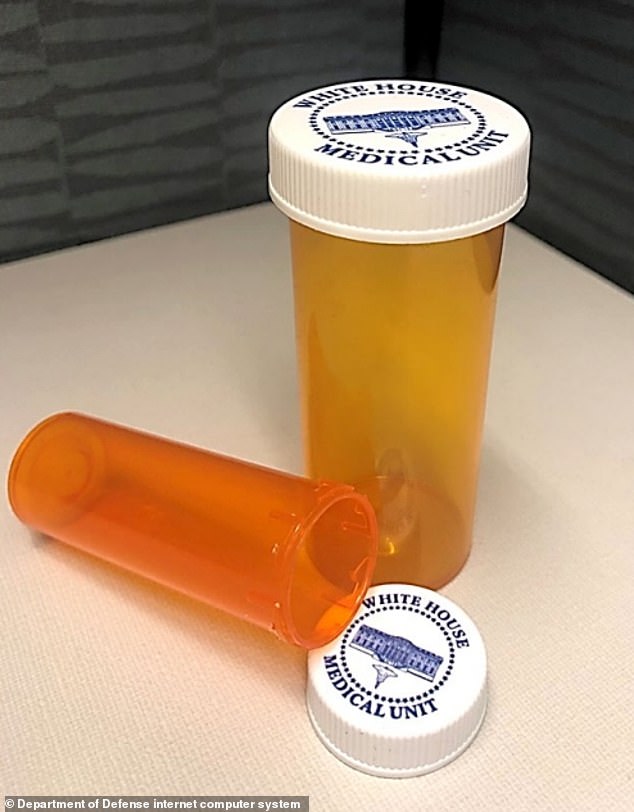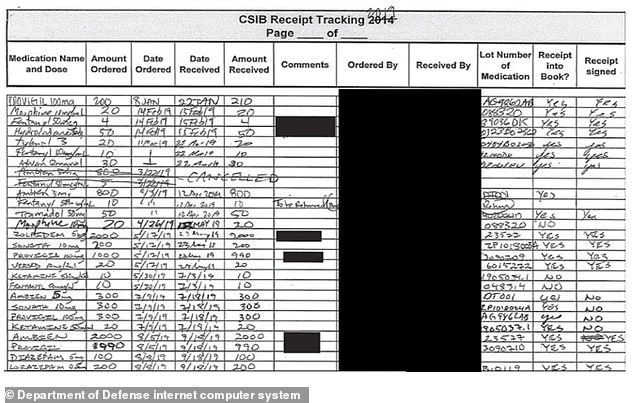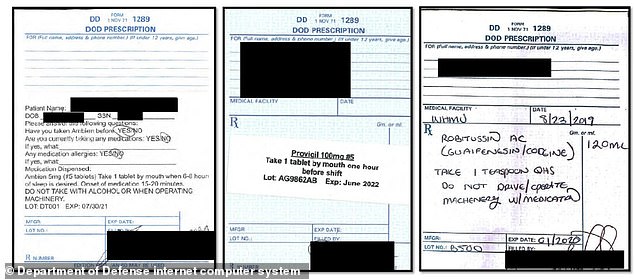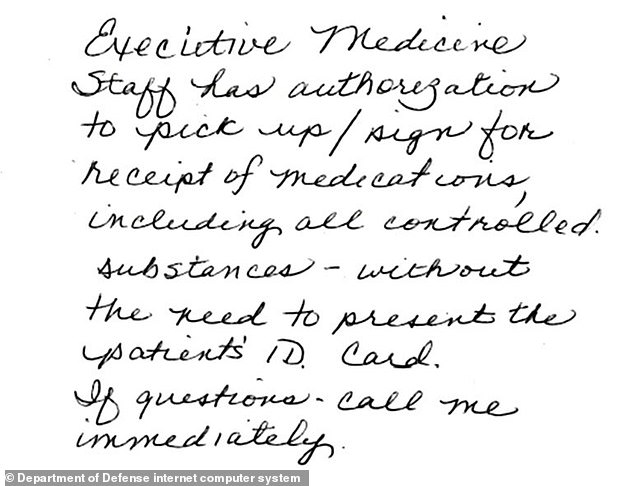Whistleblowers have confirmed reports of misconduct at the White House pharmacy that alleged the unit distributed controlled substances to staff without prescriptions, used aliases to conceal patients’ identities, and provided free care.
The four whistleblowers, former staff members of the White House Medical Unit (WHMU), said that during the administrations of former Presidents Donald Trump and Barack Obama, the team distributed sedatives and stimulants without proper prescriptions.
They also revealed that the unit provided free medical equipment and imaging to staff who were not eligible to receive such services and used aliases in electronic medical records to conceal patients’ identities and provide free health care services.
The claims serve as confirmation of the conclusions of a January report. Department of Defense Office of Inspector General.
That report concluded that WHMU committed “serious and systemic” protocol violations, used taxpayer dollars to purchase expensive and unnecessary brand-name medications, and provided care and medications to ineligible staff.
Investigators found a note from March 2014 with instructions to deliver medications, “including all controlled substances,” to representatives of the patients for whom the medications were intended “without the need to present the patient’s identification card.”

The White House Medical Unit is overseen by the White House Military Office.
Former staff members said Washington Post The illicit practices were implemented under the direction of Dr. Ronny Jackson, who led the unit during the Obama administration.
He later became Trump’s personal physician and spent 14 years in the White House.
They told the Post that Dr. Jackson’s unauthorized practices worsened under Trump.
According to his directives, the WHMU was to primarily serve the president, vice president, their families, and military personnel.
However, Dr. Jackson expanded the unit’s medical care to a “care by proxy” theory, extending services and medications to a population far beyond the original directive.
He wrote in his memoirs: “I finally took charge of the entire West Wing, the East Wing and everyone who supported them.”
According to a separate complaint in 2018, a whistleblower claimed that the doctor, now a Republican congressman, was nicknamed ‘Candyman’ and ‘Dr Feelgood’ because he dispensed medical care and medications without following established protocol.
Dr. Jackson responded to these claims, stating that White House lawyers approved his practices and that his team prescribed narcotics “less than five times.”
The Defense Department’s January report was based on records and prescriptions from 2017 to 2019, when Trump was in office, and interviews with more than 120 officials, including military and pharmaceutical suppliers.
He stated: “All phases of the White House Medical Unit’s pharmaceutical operations had serious and systemic problems.”
The report states that it found a handwritten note from March 2014, when Obama was in office, with instructions to deliver medications, “including all controlled substances,” to representatives of the patients for whom the medications were intended.” without having to present the patient’s identification.” card.’

The above shows an example of the WHMU Controlled Substance Receipt Tracking Form.

The above shows examples of controlled substance prescriptions from WHMU.
Controlled substances require a prescription, special handling according to regulations established by the Drug Enforcement Administration (DEA), and meticulous record-keeping by pharmacies because they carry a risk of dependence and abuse.
Investigators also found that practitioners at the clinic, supervised by the White House Military Office and the Pentagon, distributed medications to people who were not eligible to receive medical services.
The report said: ‘Medical providers at the White House Medical Unit wrote prescriptions for controlled substances that often lacked the medical and patient information required by DEA policy.
‘The dispensing practices did not comply with the Navy’s Medical Department Manual (which) requires that prescriptions be filled only for eligible recipients with valid identification verification and the guidance prohibits dispensing over-the-counter medications, such as Tylenol and prescription medications. cold, without prescription. .’
Controlled medications handled by the White House pharmacy include Ambien, used to treat insomnia, and Provigil, a stimulant to treat excessive sleepiness.
And over-the-counter medications were left in “open containers” for people to take whenever they wanted.
A witness told investigators that the medical unit “prepared medication packages” for several staff members before their trips abroad with a mixture of medications in plastic bags.
Witness testimony in the report says, “Usually it would be Ambien or Provigil and usually both… a lot of times it would be like five tablets in a zip lock bag.” Traditionally, we handed them out.”
The witness added that ‘many times the senior staff would come or their staff representatives… would come to the care home clinic to pick him up.
And it was very much a “hey, I’m here to pick this up for Mrs. And the expectation was that we would just go ahead and hand it out.”
According to the report, the clinic had approximately 60 patients under its care, but provided “proxy health care” to 6,000 White House and government employees and contractors.
In its conclusion, the Defense Department recommended that the unit should be under an “oversight plan” headed by senior health officials within the department.
And Pentagon officials told the Post that “new staffing and reforms” were implemented within the medical unit under President Joe Biden’s administration.


